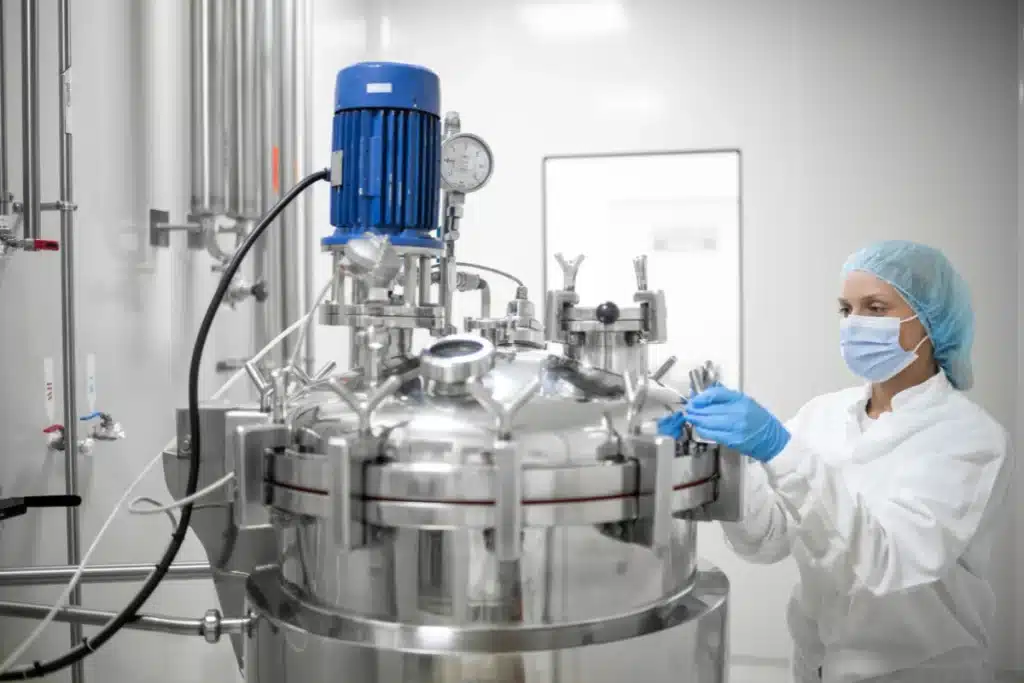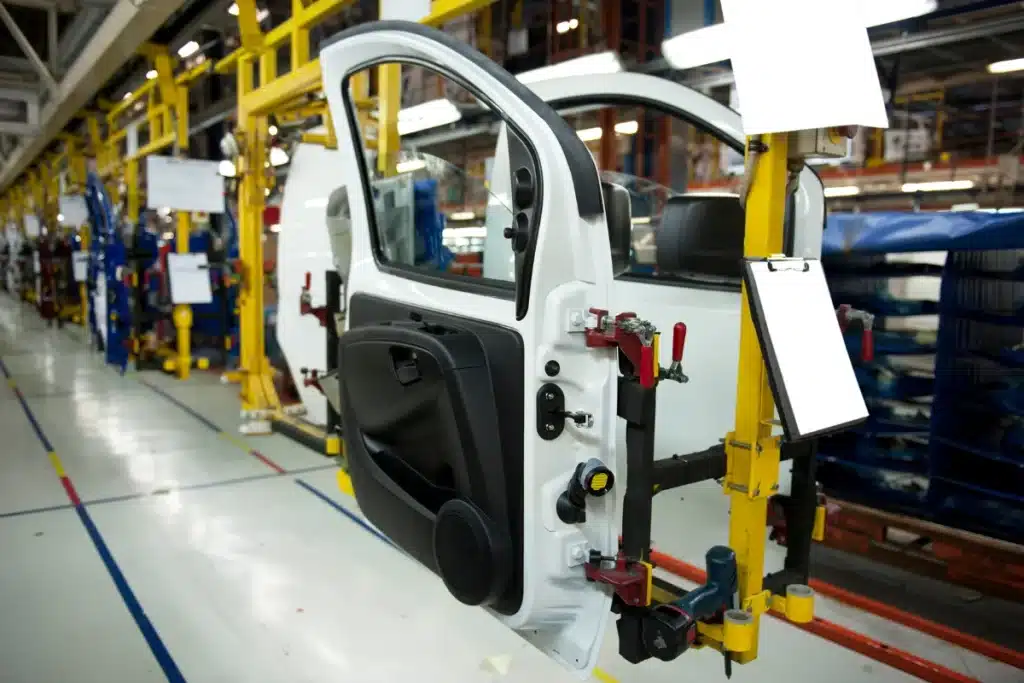Competition is stiff in every industry, and companies must adapt accordingly for survival. Companies strive to have excellent and effective systems to help dominate the top positions despite the aggressive competition. The manufacturing industry is filled with hundreds of organizations, making it even harder to keep up with your competitors. To become more efficient, improve client service and help utilize resources effectively, you may need to consider enterprise resource planning, or ERP, for your manufacturing business. Here is why.
1. Streamline Business Process Through Automation
An ERP solution in your manufacturing business guarantees real-time data in a centralized location, allowing you to streamline all business processes. A centralized data storage server also provides complete visibility of all functionalities. The availability of real-time data across different departments helps monitor production stats without additional employees.
It would be best if you also considered an ERP for your manufacturing business to reduce dependency on manual processes. ERP provides the ultimate solution to automate most business functions, giving your workforce time to focus on core activities. It will minimize error probability, accelerate your production process, and improve profitability.
2. Easy Reporting and Forecasting
Unexpected demand is a horror that continues to face most manufacturing businesses. Implementing an ERP system in your operations creates the ideal opportunity to avoid such situations by generating sales reports and creating genuine forecasts based on previous inventory transactions.
In addition to helping reduce the clutter of excess inventory and avoiding an out-of-stock situation, the ERP system enables you to run your reports. Instead of end-users and other administrative personnel relying on the IT team to predict future material requirements and demand, they can generate their reports.
3. Helps with Decision Making
You must invest in accurate and reliable data to ensure quality decision-making for your business. You can implement an effective ERP system to collect and analyze all the essential data in a shared server for up-to-date and real-time information. Improved decision-making comes from the increased insight, control, and visibility delivered to the decision-making team in your manufacturing business.
4. Improved Employee Efficiency Regarding Flexibility and Mobility
Another reason you should consider implementing an ERP solution in your manufacturing business is the remote access to company data for your employees. Since your employees can access data from their desktops, tablets, mobile phones, and laptops, they can complete their work regardless of location. It would help to consider mobile-friendly ERP software to allow your team to access documents remotely and make the necessary edits and approvals.
5. Improved Productivity
Implementing ERP is a practical approach to improving productivity in your manufacturing business. The system helps your company streamline financial operations, manage schedules, reduce data errors, produce real-time data, and ensure prompt communication between your employees. Your manufacturing company will be poised to save money and time by making all company data accessible to those who need it.
6. Increased Security for Company Data
Stress to protect company and client data is at an all-time high for all organizations. Because of the increasing pressure, software developers constantly search for security issues to deliver optimum protection. Catastrophic financial repercussions and reputation damage are the results of data exposure, making it essential to implement an ERP system to increase data security.
You must confirm the security features of potential ERP software to ensure you get the best for your business. Modern ERP systems, like GoldFinch ERP, feature new software improvements, making them more secure. You should consider a software upgrade if you use outdated legacy systems declared end-of-life since they are no longer updated for security breaches.
7. Supply Chain Integration
Implementing an ERP system in your manufacturing business significantly impacts your supply chain function. The system optimizes the inflow and outflow of supply chain management. It also helps distribute requirements for multi-warehouse distribution channels and centralized purchasing locations.
8. Quicker Responses to Market Conditions
Be better equipped to handle market responses by implementing an ERP system in your business. Since your employees have access to real-time data from your ERP, they can make estimates, plan, and adjust their response to the never-ending market changes.
The system provides regular and accurate information to help capitalize on consumer purchase trends and understand market demands better. Your business will capitalize on new opportunities and reduce forecasting errors by providing detailed insights to grow your manufacturing process.
9. Reduced Costs
Manufacturing companies should consider modern ERP systems when finding ways to reduce overall operational costs. One way it achieves this is through automating manual and time-consuming processes in the company to streamline processes delivering real-time information. In the long run, you will observe reduced excess inventory and warehousing costs and facilitate inventory tracking.
10. Improved Customer Relations
Timely deliveries and immediate feedback are standard expectations of today’s consumers. You can achieve this for your manufacturing company by implementing an ERP system. The system provides your team with accurate inventory control, production plans, coordinated distribution channels, and streamlined scheduling for on-time delivery. You are guaranteed to improve your customer service because of faster delivery, firmer inventory grip, and better quality control.
Signs Your Manufacturing Company Is Ready for an ERP
Rapid Business Growth
The type of ERP you implement in your business depends significantly on size. If you notice rapid growth in revenue, employees, and processes, it will help to consider implementing an ERP. The system helps automate the most time-consuming functions and streamline other processes within your manufacturing company.
Complex and Comprehensive Business Activities
Another sign that indicates your company needs an ERP is if the business processes are complex and comprehensive. The software helps manage and control your functions, make informed decisions, and improve work efficiency.
Increased Issues within Your Business
An established manufacturing business without an effective ERP system is more likely to experience problems within the firm. The issues could arise from mistakes in your financial statements, increased time wastage, and inaccurate market forecasts. Focus on finding ERP software that helps deal with the problems faced by your company for improved efficiency and productivity.
Conclusion
Every manufacturing business should consider an ERP system to help improve operations. There are hundreds of reasons you should consider ERP integration, and our article shares ten to help you decide on the ideal software. Ready to learn more? Contact one of our ERP specialists today!



